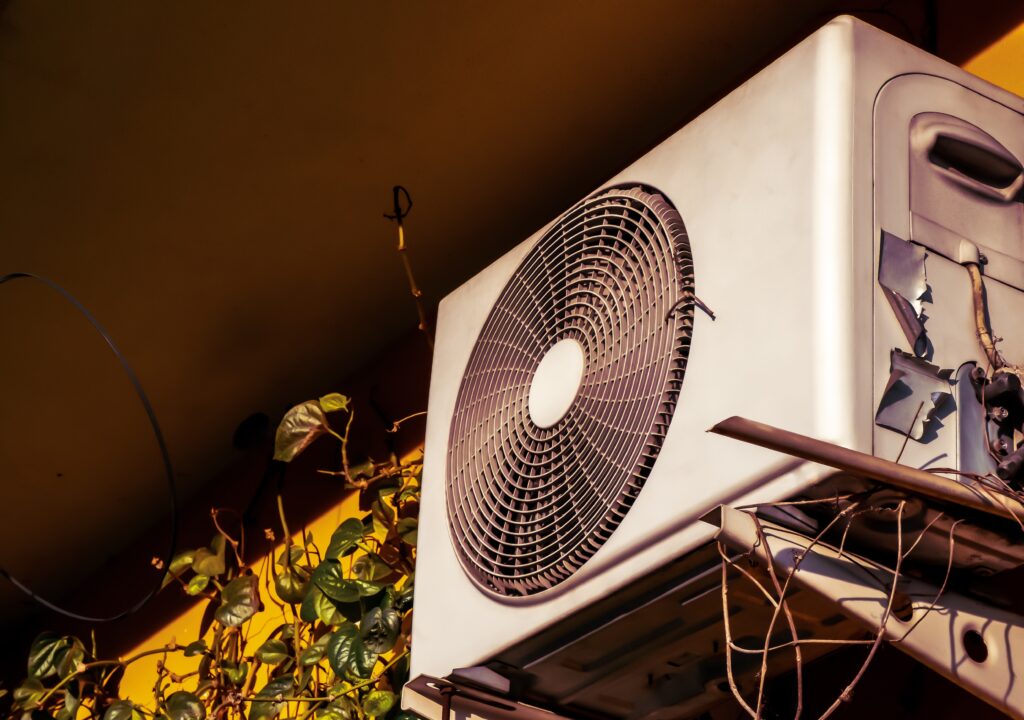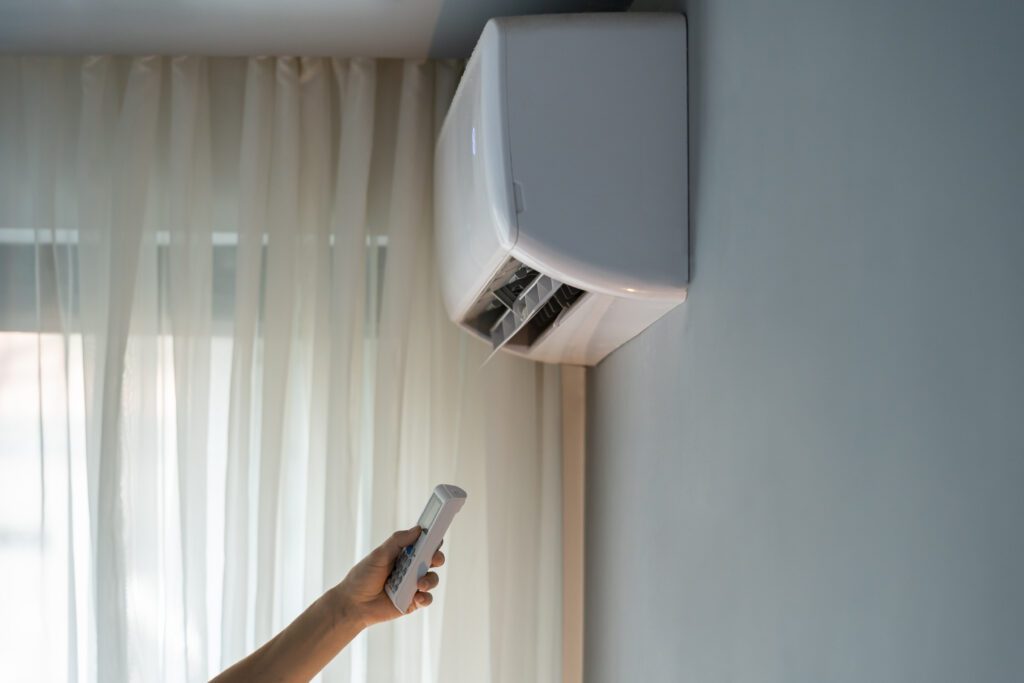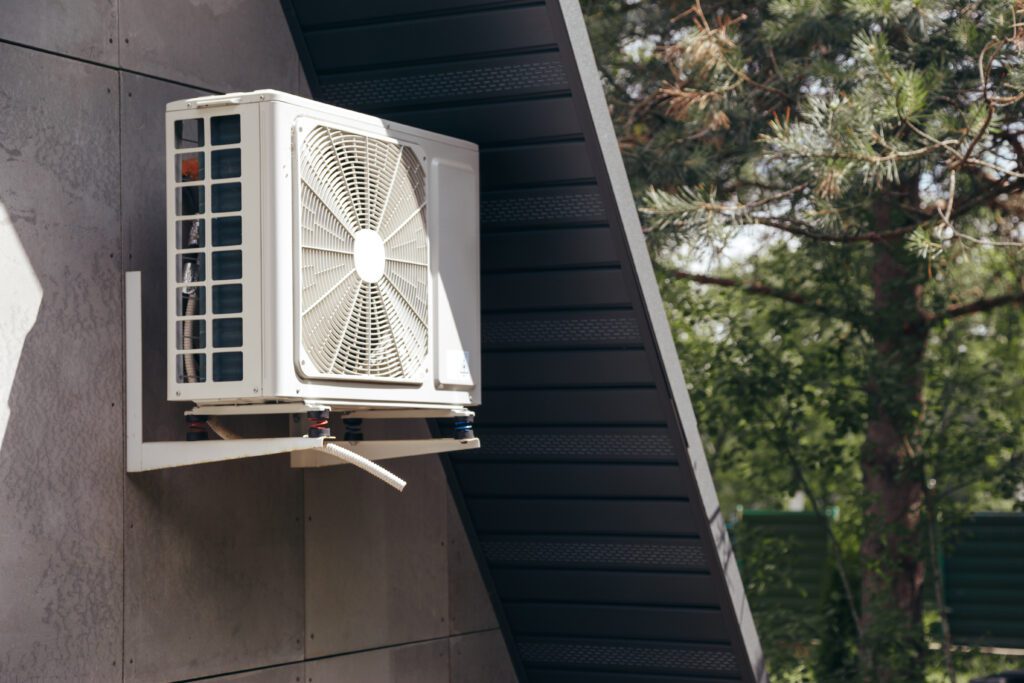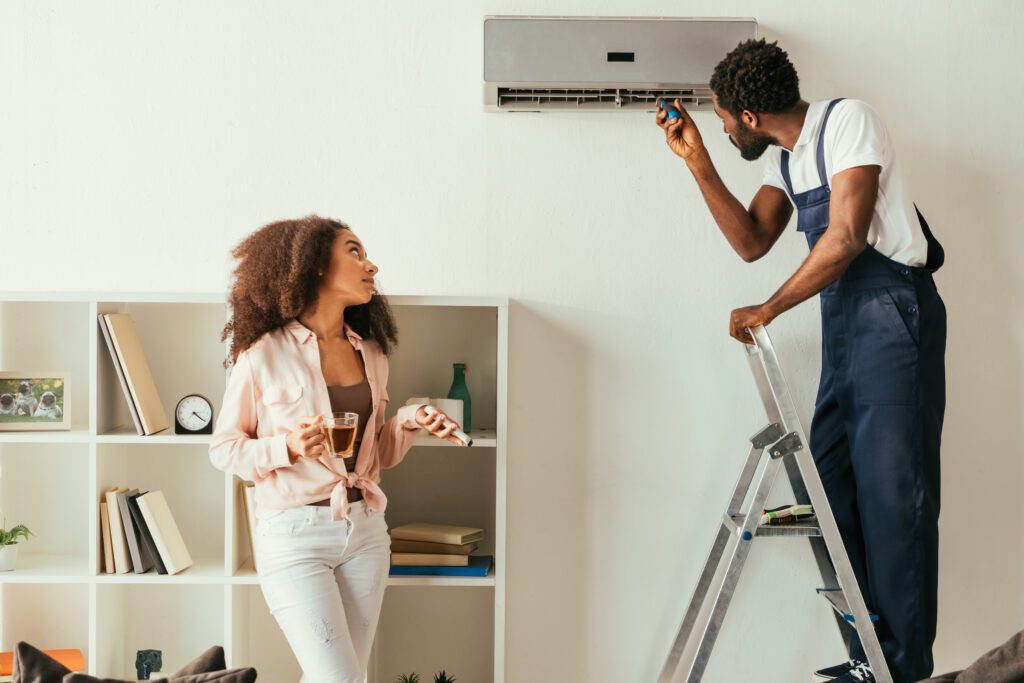Air conditioning is an essential component of modern living, providing comfort and relief from hot and humid weather conditions. To ensure that your air conditioning system operates efficiently and reliably, it is crucial to prioritize regular maintenance. In this ultimate guide, we will explore the importance of air conditioning maintenance, the basic components of the system, essential maintenance tasks, and the benefits of professional services.
Understanding the Importance of Air Conditioning Maintenance
The Role of Regular Maintenance in System Efficiency
Regular maintenance plays a vital role in optimizing the efficiency of your air conditioning system. Over time, dust, debris, and dirt accumulate in the filters and coils, hindering airflow and reducing cooling performance. By routinely cleaning or replacing filters and cleaning the coils, you can ensure unobstructed airflow, allowing the system to cool your space more effectively and consume less energy.
But did you know that regular maintenance can also have a positive impact on your monthly energy bills? When your air conditioning system is running efficiently, it doesn’t have to work as hard to cool your home. This means that it uses less energy, resulting in lower utility costs. So, not only does maintenance help keep you comfortable, but it also helps you save money in the long run.
Moreover, regular maintenance helps identify any potential issues or worn-out parts that could lead to system malfunctions. Detecting and addressing these issues early on can prevent breakdowns and expensive repairs in the long run. By investing in maintenance now, you can avoid the inconvenience and stress of a malfunctioning air conditioner during the peak of summer.
How Maintenance Impacts Air Quality
In addition to maintaining system efficiency, regular air conditioning maintenance also greatly impacts indoor air quality. As the air is circulated through the system, filters trap dust, allergens, and pollutants, preventing them from entering your living space. However, if the filters are dirty or clogged, these particles can bypass the filters and contaminate the air you breathe.
Imagine coming home after a long day, looking forward to relaxing in a cool and clean environment, only to find that the air is filled with dust and allergens. Not only can this be uncomfortable, but it can also trigger allergies or respiratory issues. By regularly cleaning or replacing filters, you can ensure that clean and fresh air is circulated throughout your home. This is particularly crucial for individuals with allergies or respiratory conditions, as improved air quality can significantly contribute to their well-being.
Furthermore, maintaining good indoor air quality can also help reduce the spread of airborne illnesses. By removing contaminants from the air, you can create a healthier environment for you and your family, minimizing the risk of respiratory infections or allergies.
Extending the Lifespan of Your Air Conditioner Through Maintenance
Air conditioning systems are a significant investment, and naturally, you want to maximize their lifespan. Regular maintenance plays a crucial role in achieving this goal. By keeping the system clean and addressing any issues promptly, you can prevent premature wear and tear, ultimately extending the lifespan of your air conditioner.
Think of your air conditioner as a well-oiled machine. Just like any other machine, it requires regular care and attention to keep it running smoothly. Without proper maintenance, your air conditioner may experience more frequent breakdowns, requiring costly repairs or even premature replacement. By investing in regular maintenance, you can ensure that your air conditioner operates at its best for years to come, providing you with reliable and efficient cooling.
Additionally, extending the lifespan of your air conditioner through maintenance is not only beneficial for your wallet but also for the environment. By reducing the need for premature replacements, you contribute to the reduction of electronic waste, helping to preserve our planet for future generations.
Basic Components of an Air Conditioning System

The Compressor: Heart of the System
The compressor is the heart of an air conditioning system. It is responsible for pressurizing and circulating the refrigerant, a substance that absorbs heat from indoor air and releases it outside. Regular maintenance should include inspecting the compressor for any signs of damage or leaks, ensuring it operates efficiently, and maintaining proper lubrication.
Furthermore, the compressor plays a crucial role in regulating the temperature inside your home. By compressing the refrigerant gas, it increases its temperature and pressure, allowing it to release heat energy outside. This process is essential for maintaining a comfortable indoor environment, especially during hot summer months when the air conditioning system is working hard to keep your home cool.
The Role of the Condenser and Evaporator Coils
The condenser and evaporator coils are critical components in the cooling process. The condenser coil releases the absorbed heat to the surroundings, while the evaporator coil cools the indoor air. Both coils can accumulate dirt and debris over time, impeding heat transfer and reducing overall performance. Regular cleaning of these coils is necessary to maintain optimum cooling efficiency.
Moreover, the condenser coil is usually located outside your home, exposed to various weather elements. It is important to keep the area around the condenser clear of debris such as leaves, branches, and dirt to ensure proper airflow and heat dissipation. On the other hand, the evaporator coil, typically found inside the air handler unit, can also collect dust and dirt, hindering its ability to cool the air effectively. Regular maintenance and cleaning of both coils are essential for the longevity and efficiency of your air conditioning system.
Understanding the Function of the Air Handler and Filters
The air handler helps distribute conditioned air throughout your home. It contains the blower motor that pushes air through the system. Filters are an integral part of the air handler, trapping dust, allergens, and pollutants. Regular maintenance should include inspecting and cleaning the air handler, as well as replacing filters to maintain proper airflow and indoor air quality.
Additionally, the air handler not only circulates cool air during the summer but also plays a crucial role in distributing warm air during the winter months if your system includes a heat pump. Filters, on the other hand, prevent dust and debris from entering the system, ensuring that the air circulated in your home is clean and healthy. It is recommended to check and replace filters regularly to prevent clogging, which can lead to reduced airflow and strain on the system.
Essential Air Conditioning Maintenance Tasks

Regular Filter Changes
Filters should be checked and replaced regularly to ensure optimum indoor air quality and system performance. The frequency of filter changes depends on various factors such as the type of filter and the level of usage. Generally, filters should be replaced every one to three months to prevent clogging and maintain efficient airflow.
Additionally, choosing the right filter for your air conditioning system is crucial. There are various types of filters available, including fiberglass, pleated, electrostatic, and HEPA filters. Each type has its own benefits and efficiency levels. For example, HEPA filters are known for their superior ability to trap small particles, making them ideal for households with allergy sufferers or pets.
Cleaning and Maintaining the Coils
Cleaning the condenser and evaporator coils is crucial for maintaining optimal cooling performance. Over time, dirt and debris accumulate on these coils, impeding heat transfer and reducing efficiency. By regularly cleaning the coils, you can ensure proper heat exchange and prevent energy waste.
In addition to cleaning the coils, it is important to inspect them for any signs of damage or corrosion. If left unchecked, damaged coils can lead to refrigerant leaks and system malfunctions. Regular maintenance not only improves the efficiency of your air conditioning system but also extends its lifespan.
Checking and Sealing Ductwork
The ductwork plays a crucial role in distributing conditioned air throughout your home. Over time, ducts can develop leaks or become disconnected, resulting in conditioned air escaping and reduced system efficiency. Regular maintenance should include inspecting the ductwork for leaks and sealing them promptly to ensure maximum efficiency.
Furthermore, ductwork should be properly insulated to prevent energy loss and maintain consistent indoor temperatures. Poorly insulated ducts can lead to significant energy waste and uneven heating or cooling in different areas of your home. By addressing ductwork issues promptly, you can improve the overall performance of your air conditioning system and enhance comfort levels in your living space.
Professional Air Conditioning Maintenance Services

When to Call a Professional
While regular maintenance tasks can be performed by homeowners, there are certain instances when it is advisable to seek professional air conditioning maintenance services. These include complex repairs, refrigerant leaks, electrical issues, or when you lack the necessary knowledge and expertise.
For example, if you notice that your air conditioning system is not cooling your home as effectively as it used to, it may be a sign of a more serious problem. A professional technician can diagnose the issue and provide the appropriate solution, whether it involves repairing a faulty compressor or replacing a worn-out fan motor.
What to Expect During a Professional Maintenance Visit
When you schedule a professional maintenance visit, an experienced technician will inspect and clean various components of your air conditioning system. This may include checking refrigerant levels, lubricating moving parts, testing electrical connections, and verifying overall system performance.
During the inspection, the technician may also identify potential issues that could lead to future breakdowns. For instance, they may notice a worn-out capacitor or a dirty air filter that needs to be replaced. By addressing these issues early on, you can prevent costly repairs down the line and ensure the longevity of your air conditioning system.
Furthermore, a professional maintenance visit is an opportunity to learn more about your air conditioning system. The technician can provide valuable advice on optimizing system efficiency, such as adjusting the thermostat settings or improving the insulation in your home. They can also answer any questions you have, helping you better understand how your system works and how to keep it running smoothly.
Choosing a Reliable Air Conditioning Service Provider
When selecting an air conditioning service provider, it is important to choose a reputable and licensed company. Look for technicians who are experienced, certified, and well-reviewed. Additionally, consider service providers that offer maintenance contracts or service agreements, as these can provide regular maintenance and discounts on repairs.
It’s also worth considering a service provider that offers emergency services, especially during the hot summer months when a malfunctioning air conditioner can be a major inconvenience. Having access to 24/7 support ensures that you can get your system back up and running quickly, minimizing discomfort and potential damage to your home.
In conclusion, regular air conditioning maintenance is essential for optimal system performance, indoor air quality, and overall longevity. By understanding the importance of maintenance, the basic components of your system, and implementing essential maintenance tasks, you can ensure that your air conditioning system keeps you cool and comfortable for years to come.



